Tankless water heaters and recirculating lines: Good deal or not?
Crystal Alexander
4 years ago
Featured Answer
Sort by:Oldest
Comments (13)
User
4 years agokas4
4 years agoRelated Professionals
Pearl City Kitchen & Bathroom Remodelers · Crestview Interior Designers & Decorators · Brushy Creek Architects & Building Designers · Saint Paul Architects & Building Designers · Memphis Furniture & Accessories · Pacifica General Contractors · Rocky Point General Contractors · San Bruno General Contractors · Schaumburg Kitchen & Bathroom Designers · Allouez Kitchen & Bathroom Remodelers · Beaverton Kitchen & Bathroom Remodelers · Wilmington Island Kitchen & Bathroom Remodelers · Black Forest Cabinets & Cabinetry · Saint James Cabinets & Cabinetry · Winter Garden Window TreatmentsUser
4 years agoJake The Wonderdog
4 years agoCrystal Alexander
4 years agoKathy Eker
4 years agoUser
4 years agoJake The Wonderdog
4 years agoUser
4 years agoJake The Wonderdog
4 years agoThe_Lane_Duo
4 years agoLiz888
9 months ago
Related Stories

GREAT HOME PROJECTSHow to Switch to a Tankless Water Heater
New project for a new year: Swap your conventional heater for an energy-saving model — and don’t be fooled by misinformation
Full Story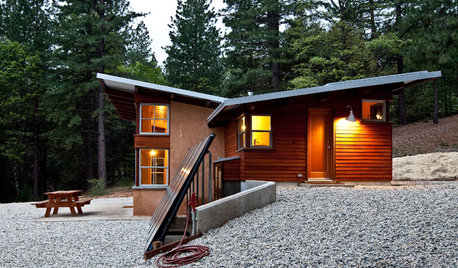
GREAT HOME PROJECTSHow to Add a Solar Water Heater
Lower energy bills without a major renovation by putting the sun to work heating your home’s water
Full Story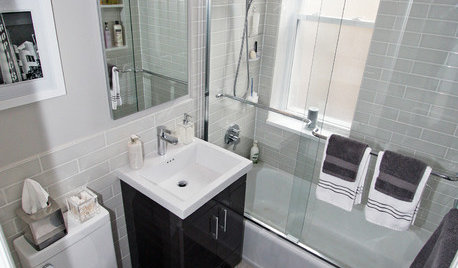
BATHROOM DESIGNWater Damage Spawns a Space-Saving Bathroom Remodel
A game of inches saved this small New York City bathroom from becoming too cramped and limited
Full Story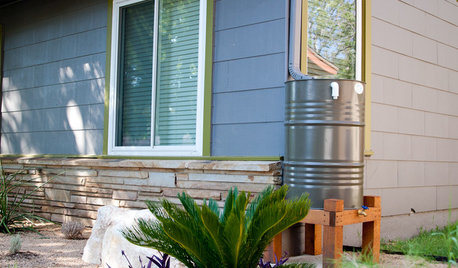
GREEN DECORATINGEasy Green: Big and Small Ways to Be More Water-Wise at Home
These 20 tips can help us all make the best use of a precious resource. How do you save water in summer?
Full Story
SAVING WATER11 Ways to Save Water at Home
Whether you live in a drought-stricken area or just want to help preserve a precious resource, here are things you can do to use less water
Full Story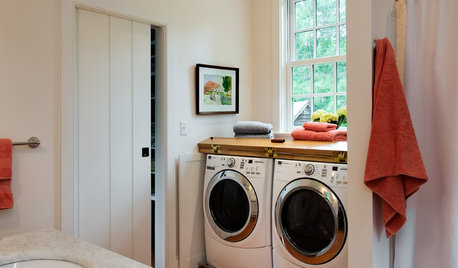
GREEN BUILDINGWater Sense for Big Savings
Keep dollars in your pocket and preserve a precious resource with these easy DIY strategies
Full Story
PETSDealing With Pet Messes: An Animal Lover's Story
Cat and dog hair, tracked-in mud, scratched floors ... see how one pet guardian learned to cope and to focus on the love
Full Story
MOST POPULAR5 Remodels That Make Good Resale Value Sense — and 5 That Don’t
Find out which projects offer the best return on your investment dollars
Full Story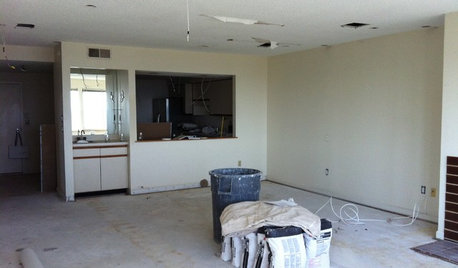
DISASTER PREP & RECOVERYRemodeling After Water Damage: Tips From a Homeowner Who Did It
Learn the crucial steps and coping mechanisms that can help when flooding strikes your home
Full Story
FEEL-GOOD HOMEIs Your Bedroom Designed for a Good Night’s Sleep?
Find out how the right nightstands, bedding, rugs, TV and storage can help you get more restful slumber
Full Story








Patricia Colwell Consulting